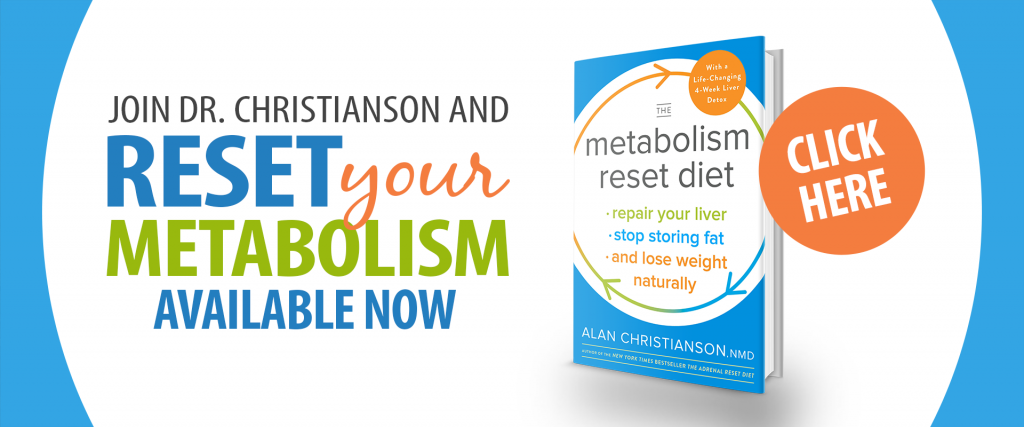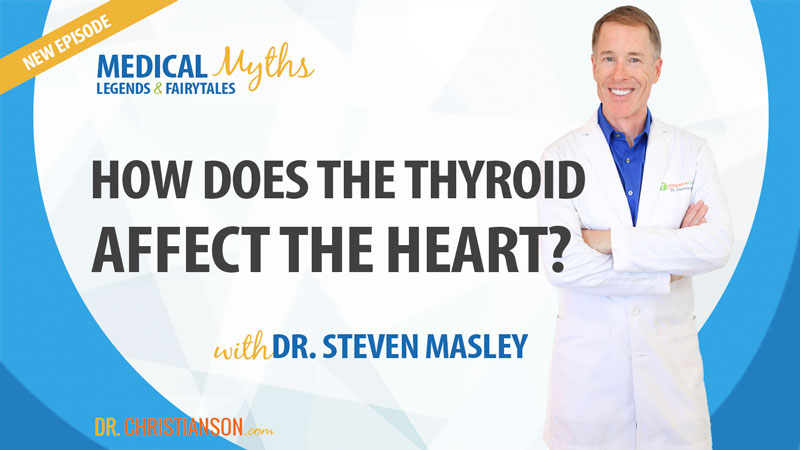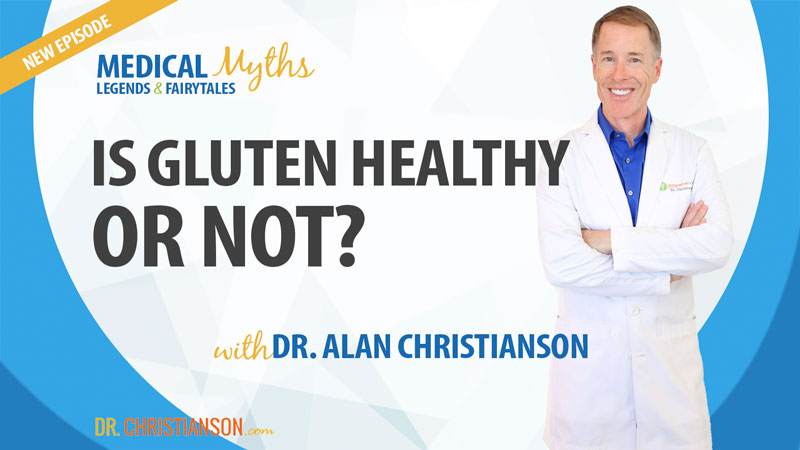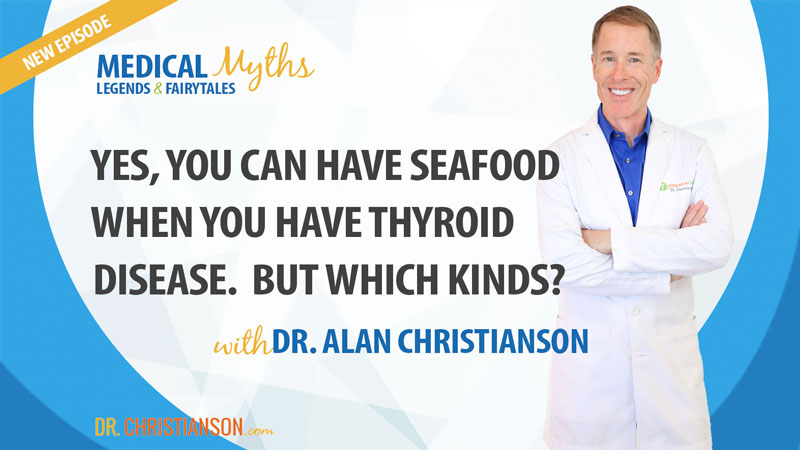Intermittent fasting has been discussed as a solution to weight loss. As a means to attain longevity, and as a way to help brain function and deal with blood sugar. How much do we really know about it, though, and are there any risks? I want to help you learn more by performing a deep dive into intermittent fasting, and what it could mean for you.
- Have any questions?
- 480-767-9018
- support@in-goodhealth.com

Podcast – The Importance of Iodine for Thyroid Health: Part 4 of the Thyroid Beginner Series
March 30, 2024
Do You Have Eosinophilic Esophagitis?
April 4, 2024
Podcast – The Importance of Iodine for Thyroid Health: Part 4 of the Thyroid Beginner Series
March 30, 2024
Do You Have Eosinophilic Esophagitis?
April 4, 2024Home > Uncategorized > Is Intermittent Fasting Right For Your Health?
Is Intermittent Fasting Right For Your Health?

Intermittent Fasting: Defined
There are a whole host of benefits associated with intermittent fasting. The general idea is that the better we can control the body’s blood sugar regulation. The better our health will be overall. It would seem intuitive then that if we make it harder for the body to regulate, by skipping food, that the body would ultimately get better at regulating.
We can see the same logic play out in the concept of exercising. You make things harder for your body than they would be otherwise. In order to train your body to get stronger and become more able to do regular things at a higher rate of performance.
Bottom Line: This concept of intermittent fasting borrows from the concept of “training your blood sugar.” If you can skip meals, make things harder for your body, then it may be better able to regulate blood sugar. In order to optimize your health long term. Is this true, though?

The Data On Intermittent Fasting
What do we know about intermittent fasting to this point? Well, so far there really is not a large body of outcome-based evidence that we can rely upon. Most of what we have is speculation. Based upon the aforementioned belief that you can make the body more stable by subjecting it to unstable conditions.
The most research that has been done focuses on intermittent fasting and weight loss. In fact, quite a few studies have taken a look at just how intermittent fasting affects weight loss. Including, how it compares to simply lowering your fuel intake.
If you were to undergo a process of intermittent fasting, you would be defining a block of time (per day) wherein you are forgoing feed and not eating at all. Or, you might be a doing a couple of days per week where you drastically reduce your food intake.
Key Insight: This latter option is often what we call a 5:2 diet. Where you will have a regular diet for five days, and a restricted intake of food for two days.
There is another common diet that we know as the 8:16 diet (or the 16:8, depending on the sequence). That is where you are planning not to eat for even larger blocks of time. The most common procedure here would be to:
- Skip breakfast
- Start with lunch
- Finish eating by early afternoon
Bottom Line: Any additional food would be avoided between that time frame (something to the tune of 10 am to 6 pm). Therefore, you would have quite a large window of time where you are simply not eating.
What Do We Know About Results?
So, what has the research shown us to this point about the effects of intermittent fasting? In terms of markers of disease or illness, there has been no advantage with caloric restriction (simply lowering your fuel intake) as opposed to intermittent fasting.
This means that whether you eat less food throughout the day, and eat it whenever, or you take a block of time and restrict yourself from eating, it all seems to come down to just how much food you have eaten.1
Interested in losing weight and curbing cravings? I would love for you to check this great option:
Weight loss studies have revealed the same. If someone manages to consume less total food, because of their fasting. They will then lose less weight in direct proportion to how much less food they have eaten. Not in terms of when they ate and if they ate.
Bottom Line: When it comes to weight and disease, there truly is no real data. Data that suggests that intermittent fasting presents a key advantage over simply lowering your fuel intake. The use of timing presents no metabolic advantage.
What Do We Know About Fuel?

Carbs, fats, even ketones, these can all be considered fuel for your body. If you have too much fuel, you have to find a place to store the excess. On the other hand, when you have too little, your body will pull out of these “excess stores” and burn it as needed.
If your main goal is to lose weight, there is no such thing as one magic fuel and no such thing as one evil fuel. The only advantage, in fact, is recognizing your total fuel intake and abiding by that concept.
Bottom Line: Once you have a good idea of your optimal total, it does not matter how you rearrange them. Because it really makes no difference. It is not about good fuel, bad fuel, it’s all fuel and how much you take in is what matters. Interested in learning more? I would love to share more about this topic with you. (Read: Forget carbs and fats, it is the fuel that matters)
How Can You Start Managing Your Fuel?
This is a handy trick that I have provided in greater detail before. For each meal, plan to have one main fuel source. If you get a nice mixture, at the right amount, you are doing a lot of good for your system.
What I need you to know that variety is key. It is not about cutting a fuel source out entirely. It’s about getting the right kind of fuel, in the right amounts, in order to get your intake dialed in.
Some of the best examples (and how much you should be getting of each) to start:
Fats:
- Nuts or seeds (2 tablespoons constitutes a serving)
Carbs:
- Cooked grains, cooked beans (½ cup is equal to one serving)
Proteins:
- Fish
- Lean Meat

Bottom Line: Interested in more examples? One of my previous articles on fuel goes into even greater detail. A deep dive into some great fuel sources and into just how much fuel you need. Even provides the calculations to help you get started today. You can find it right here. (Read: How much fuel do you need)
Are There Risks To Intermittent Fasting?
If there are no definitive upsides to intermittent fasting when compared to simply lowering your food intake, are there risks? The short answer is yes, but they have come from animal studies. Let’s talk a little bit about that before we move forward…
Data is so important. Especially when you are trying to make recommendations for your health, that data is pivotal to providing substantive suggestions to change someone’s health and wellbeing. I cannot stress that enough.
Especially when it comes to benefits, and being able to say that something works, you need human-based outcomes to really understand and base your recommendations on what has worked for other people. This, in effect, is what makes animal studies so tricky.
Key Insight: On the flip side of the coin, if you saw dangers presented in animal studies, you would not even be likely to proceed with human studies. Therefore, benefits require human outcomes, but cautionary signs in animals typically raise red flags for the road ahead.
I am bringing all of this up because there is a cautionary tale that we get from animal studies on intermittent fasting that I think is important to consider. This is a study where they had animals do intermittent fasting for a time of three months.2
What they saw was a decrease in overall body weight, attributed to simply limiting their food supply. In addition to that, though, they saw some odd things that bear mentioning:
- The stomach size of these animals enlarged.
- There was an increase in adipose tissue (gaining more fat tissue).
- Each animal had a large loss in muscle tissue.
Key Insight: For fasting and food restriction in general, muscle loss has always been something of a big issue. This is because your body has protein requirements that never quit, and if you do not meet those requirements (by limiting food) your body then borrows from your muscle tissue. (Read: How much protein is best for easy weight loss)
Now, these are the parts that really got my attention, Researchers observed the following in these animals that you should really hear:
- They noticed that the insulin levels of the animals went up. Not only was this measured simply by insulin level, but by glucose-challenge tests (to test how well blood sugar is being managed with a dose of glucose).
- Researchers also noted that the pancreatic islets had increased insulin secretion, as well as showed signs of obvious damage. They were showing higher amounts of oxygen-reactive species.
- There was also an impairment in AKT phosphorylation, which was observed in peripheral tissues (this ultimately indicates insulin resistance).
Bottom Line: Is intermittent fasting a good stress or a dangerous stress to the body? So far, the positive data is far more speculative than the cautionary data. In fact, given current concerns about its effect on animals, it’s hard to know whether a study on humans would be safe enough to carry out responsibly.
Why You Should Avoid Intermittent Fasting
If you have been struggling with your body weight, I would not recommend intermittent fasting. The benefits are relatively unclear, and the cautionary data performed on animals does not bode well for its effect on humans.
If you have had success with intermittent fasting, that is awesome, and I hope you have positive weight loss that is long lasting and leaves you feeling good. But, I really wanted to highlight the differentiation between two key terms:
- Weight Loss, from
- Waist Loss
It is something of a small trick to drop a few pounds, but it takes nuance and proper dieting to drop fat (while holding onto muscle). The fact of the matter is that we do not have clear data which suggests that intermittent fasting would achieve that goal.
If you are looking for ways to lose weight for longer periods of time, I would ask you to stay away from intermittent fasting as a vehicle to do that. Instead, the process that I would recommend is one that I will outline in the Metabolism Reset Diet and the Metabolism Reset Challenge.
Instead of losing muscle mass, relying on high-quality protein and other micronutrients can ensure that your liver function keeps up with your weight loss. That is because the real goal is not weight loss, which can be fleeting, but waist loss, which will hopefully be permanent.
Bottom Line: What I want for you, more than anything, is to enjoy lasting weight loss that will leave you feeling good. Losing a few pounds quickly might feel great, but let’s take the time to focus on something built for the future.

Start On The Right Track Today
Do you feel like your health has been in a tough spot? You deserve to feel your best and learning more about your body and the way it works is so often the first step to unlocking the best version of yourself. With that in mind, I want to help you get started today.
Begin by taking the Thyroid Quiz (Click Here), which can help open your eyes to how your thyroid operates, how it may be functioning currently, and what you can do to take back your health by optimizing the health of your thyroid. Trust me, the knowledge alone will set you on the right path.
1. https://www.ncbi.nlm.nih.gov/pubmed/26374764
2. https://www.endocrine-abstracts.org/ea/0056/ea0056p519

P.S. Whenever you are ready, here is how I can help you now:
- Schedule a Thyroid Second Opinion with me, Dr. C, Click Here for Details
- Need help to choose supplements? Click ‘Help Me Decide Here'
- Get my top books Here
Dr. Alan Glen Christianson (Dr. C) is a Naturopathic Endocrinologist and the author of The NY Times bestselling Hormone Healing Cookbook, The Metabolism Reset Diet, and The Thyroid Reset Diet.
Dr. C’s gift for figuring out what works has helped hundreds of thousands reverse thyroid disease, heal their adrenals, and lose weight naturally. Learn more about the surprising story that started his quest.







